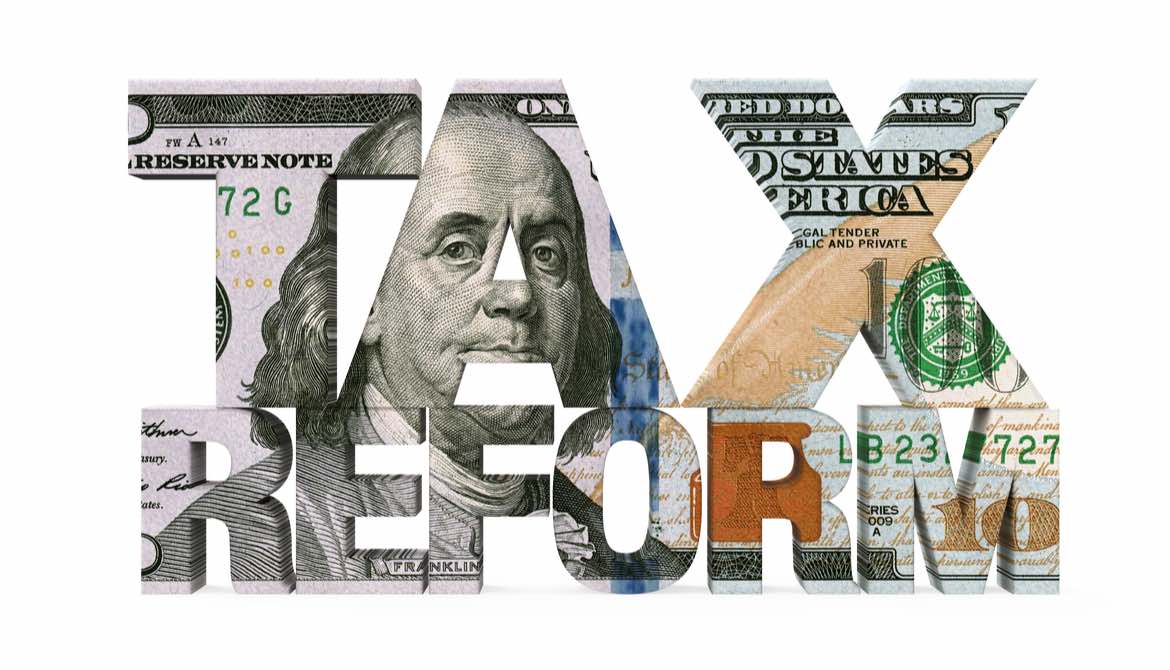1 minute
Be sure to review all the new rules for tax-exempt organizations, plus these two in particular.
This post was originally published on the CliftonLarsonAllen blog and is reprinted with permission.
As you may have seen, the new tax reform law includes provisions that affect tax-exempt organizations. While I believe all of the provisions impacting tax-exempt organizations should be reviewed, a couple stand out as having the potential to impact credit unions.
- For state-chartered credit unions that file a 990T, there is no longer the ability to offset income and losses from different lines of business to reduce or eliminate taxable income. For example, taxable income generated from such insurance products as car warranties can no longer be offset from losses generated from non-member ATM usage.
- While most credit unions do not have executives making more than $1 million, there can be circumstances with vesting years of deferred compensation plans and other circumstances where there could be a year when certain executive compensation exceeds $1 million. Any amount in excess of this $1 million is subject to an excise tax at the corporate tax rate, which is 21 percent for 2018. From what I have determined, this applies to federal- and state-chartered credit unions.
Dean Rohne is a principal with CLA’s financial institutions team and has more than 20 years of experience providing audit, internal audit and consulting services to credit unions. His experience also includes credit union 990 tax issues as well as unrelated business income tax issues. Reach him at or 507.434.7046.
You may also be interested in The CUES Podcast Episode 46: New Tax Reform and the Impact on Executive Benefits Expenses: An Interview with John Pesh.





